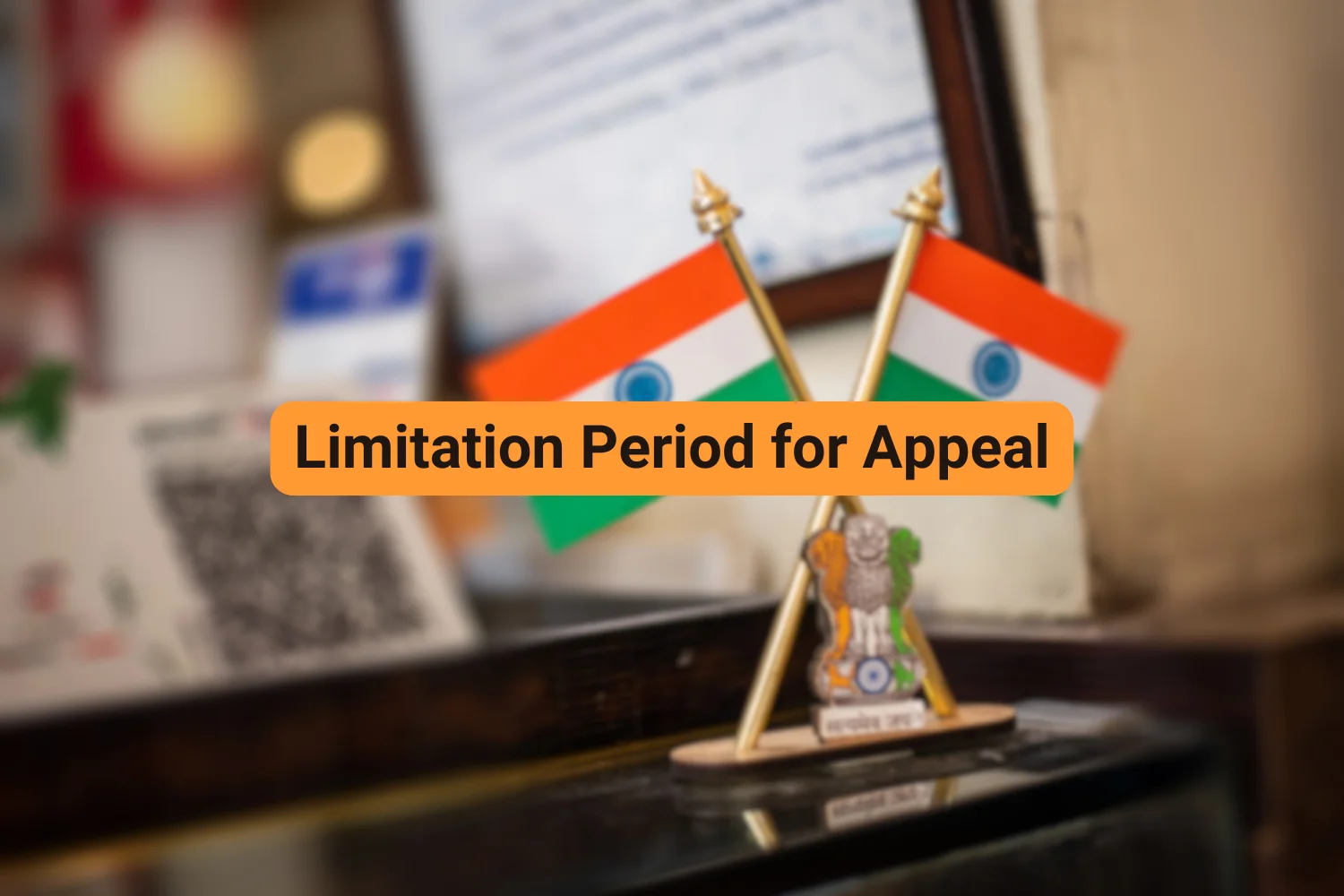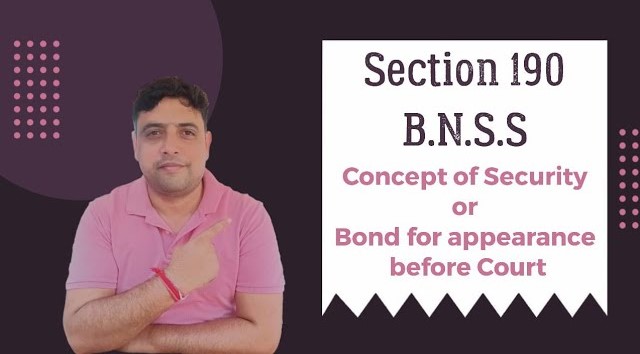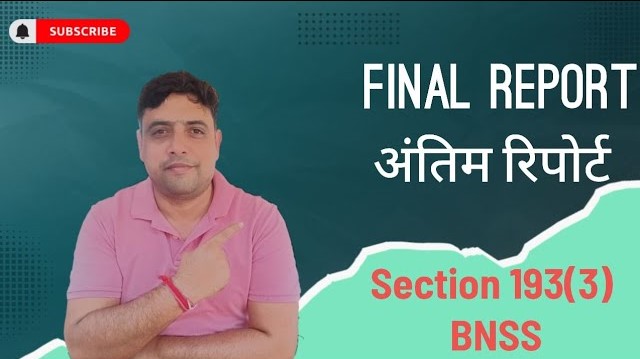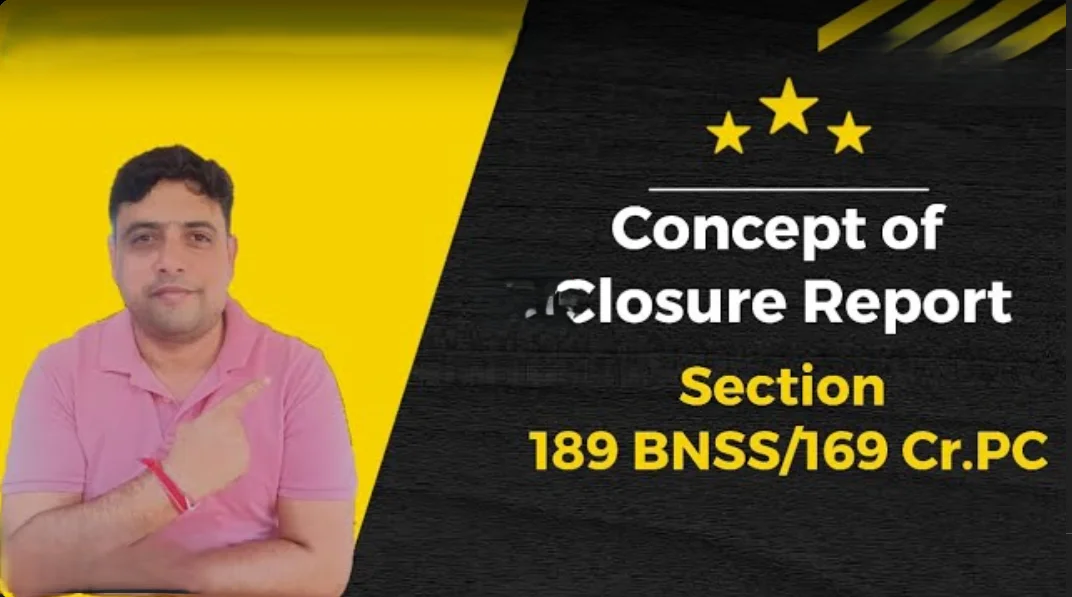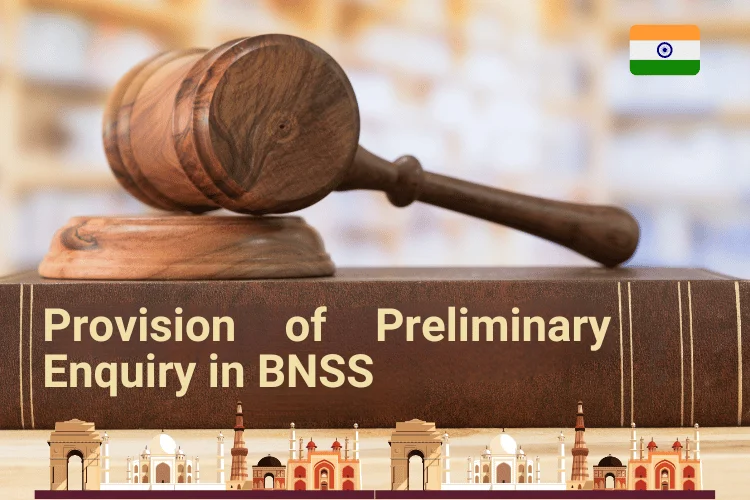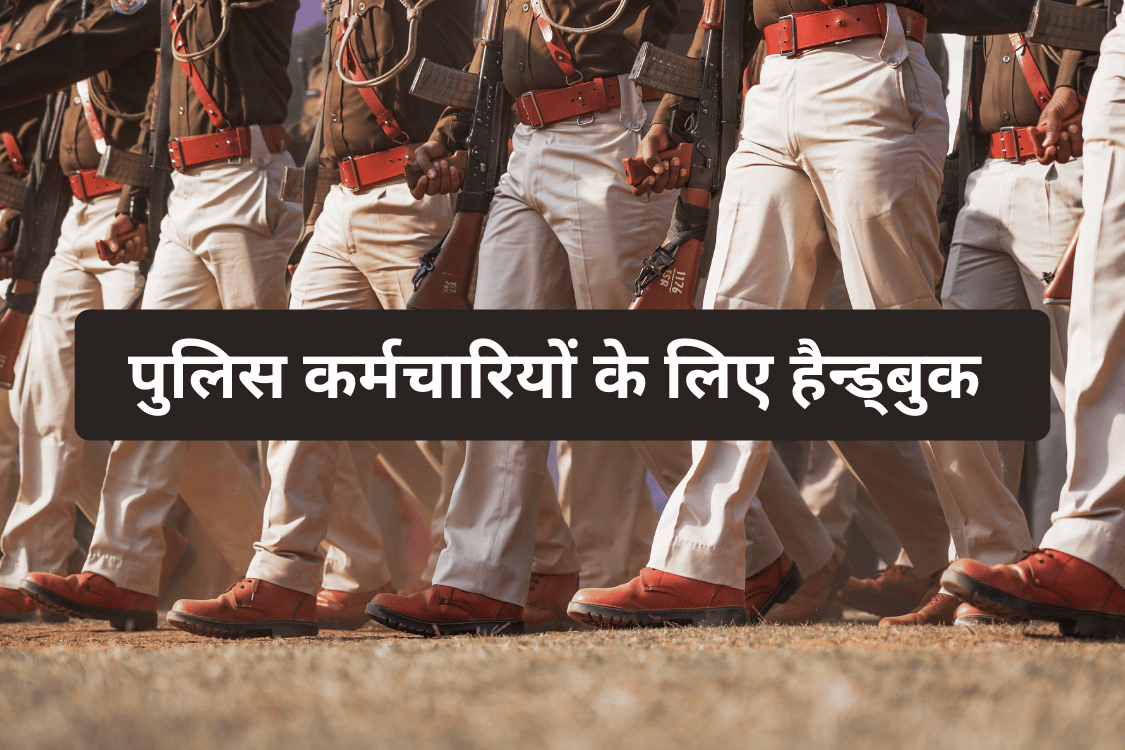COMPOSITION OF BAR COUNCIL OF INDIA

INTRODUCTION
The Bar Council of India is a statutory body that regulates and represents the Indian bar. It was created by Parliament under the Advocates Act, 1961. It prescribes standards of professional conduct, etiquettes and exercises disciplinary jurisdiction over the bar. It also sets standards for legal education and grants recognition to universities whose degree in law will serve as a qualification for students to enrol themselves as advocates upon graduation.'
In addition, it performs certain representative functions by protecting the rights, privileges and interests of advocates and through the creation of funds for providing financial assistance to organize welfare schemes for them.
HISTORY
1950 - After the Constitution of India came into force on January 26, 1950, the Inter-University Board at its annual meeting held in Madras, passed a resolution stressing the need for an all-India bar and emphasising the desirability of having uniformly high standards for law examinations in different Universities of the country in view of the fact that a Supreme Court of India had been established
In May 1950, the Madras Provincial Lawyers Conference held under the presidency of Shri S. Varadachariar resolved that the Government of India should appoint a committee for the purpose of evolving a scheme for an all- India Bar and amending the Indian Bar Councils Act to bring it in conformity with the new Constitution.
On April 12, 1951, Shri Syed Mohammed Ahmad Kazmi, a Member of Parliament, proposed a bill to amend the India Bar Councils Act. The
Government of India concluded that it was necessary for the Government to sponsor the Bill. In August 1951, a Committee of Inquiry was set up to consider the feasibility of a unified Bar in India, the continuance or abolition of the dual system of counsel for each state, possibility of a separate Bar Council for the Supreme Court and the revision of enactments related to the legal profession.
ESTABLISHMENT
Section 4(1) of the act provides for the establishment of the bar council of India. It says “There shall be a Bar Council for eh territories of which the act extends to be known as bar council of India”
COMPOSITION OF THE BAR COUNCIL OF INDIA:Bar Council of India shall consist of the following members namely-
- Ex-Officio Members: The following are the ex officio members of BCI
- The Attorney General of India
- The Solicitor General of India
- Elected Members: One member elected by each state bar council from amongst its members. Section 4(1-A) of the act makes it clear that no person shall be eligible for being elected as a member of BCI unless he possesses the qualifications specified in the proviso to sub section 2 of section 3 of the Advocate Act.
- Chairman and Vice Chairman: BCI elects its chairman and vice chairman from amongst the members of the council in such a manner as they may practice.
TERM OF OFFICE:
Term of office of a member of the Bar Council, elected by the State Bar Council shall be according to sub section 3 of section 4.
- In the case of a member of State Bar Council who holds office ex officio, be two years from the date of his election or till he ceases to be member of state bar Council, whichever earlier.
- In any other case, be for the period for which he holds office as a member of State Bar Council. Provided that every such member shall continue to hold office as a member of the Bar Council of India, until the successor is elected.
"Empowering your legal journey, one resource at a time. Welcome to Vidhoon, your trusted hub for
comprehensive law notes, practical guidance, and expert support.
Explore, learn, and succeed with us!







